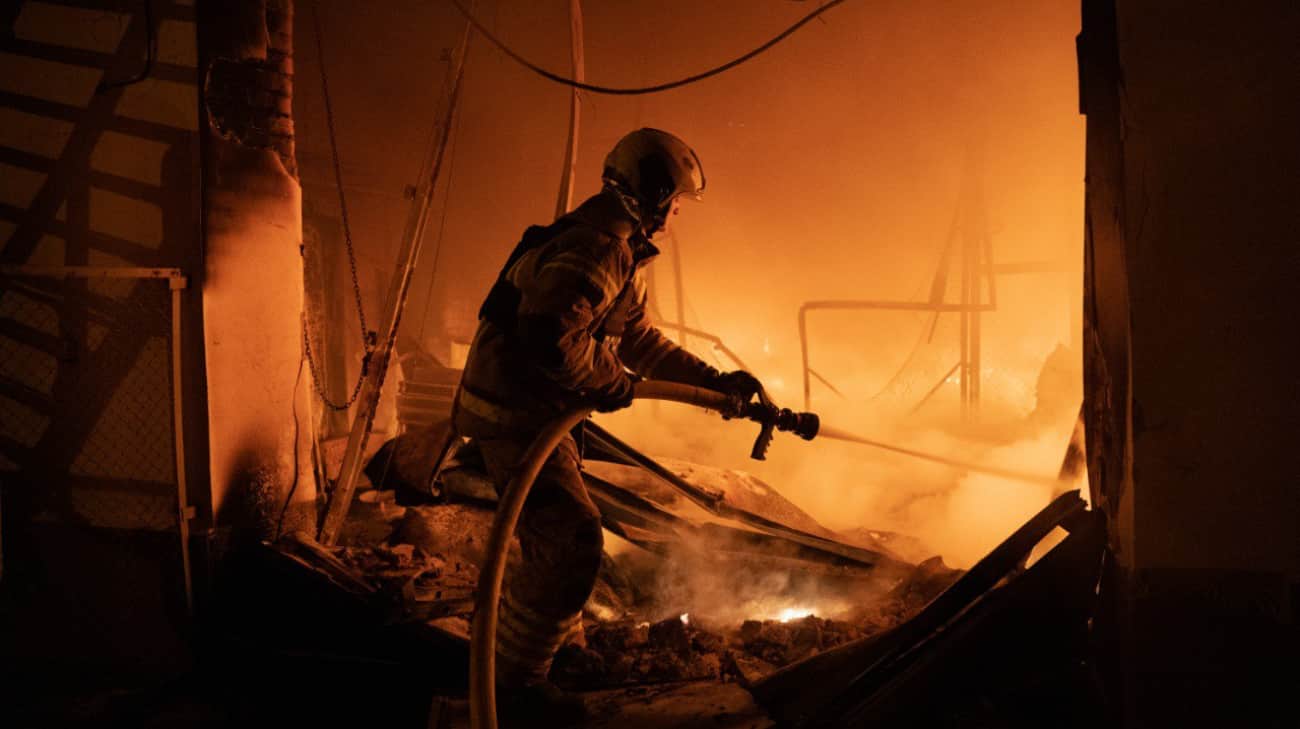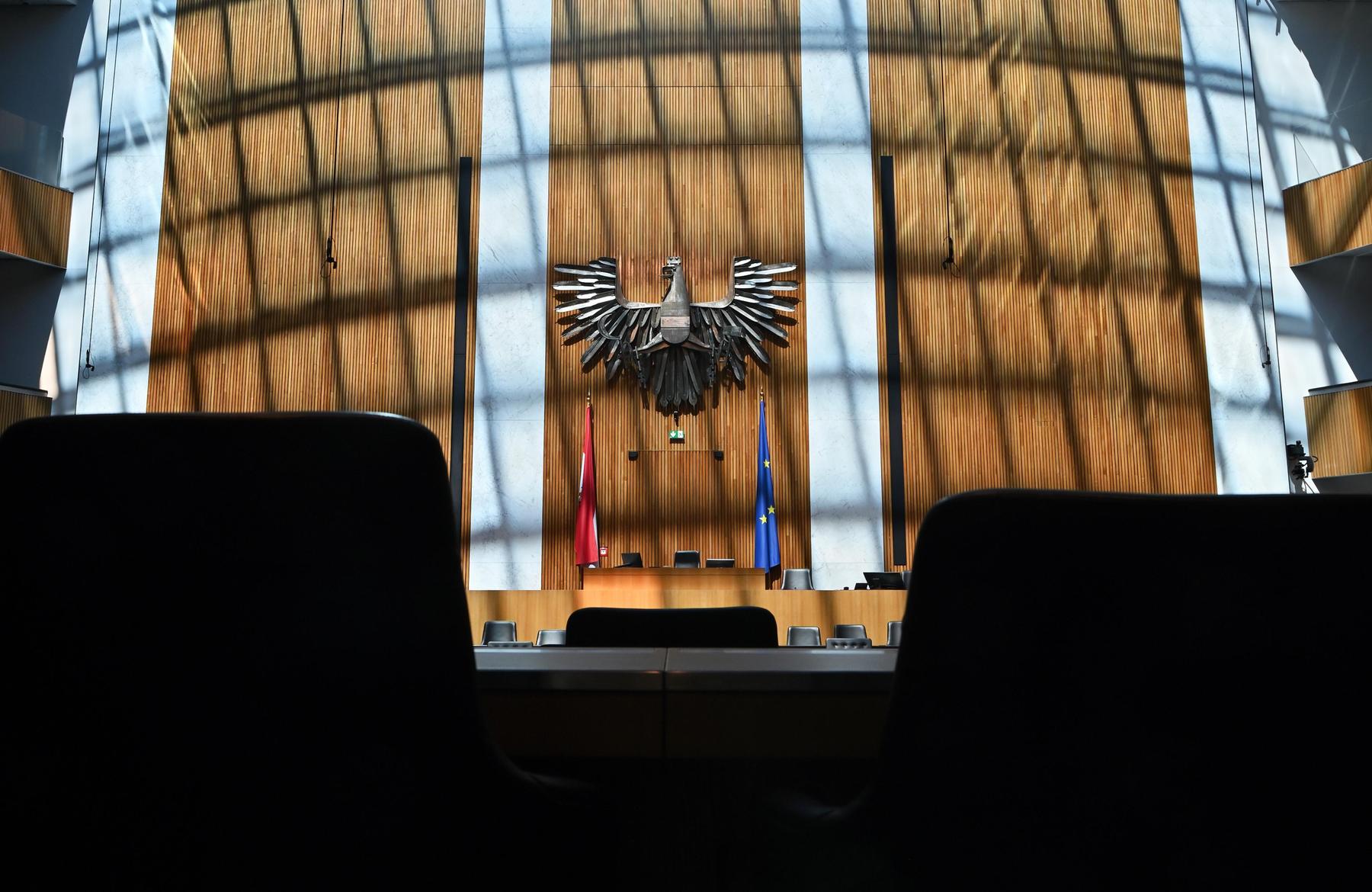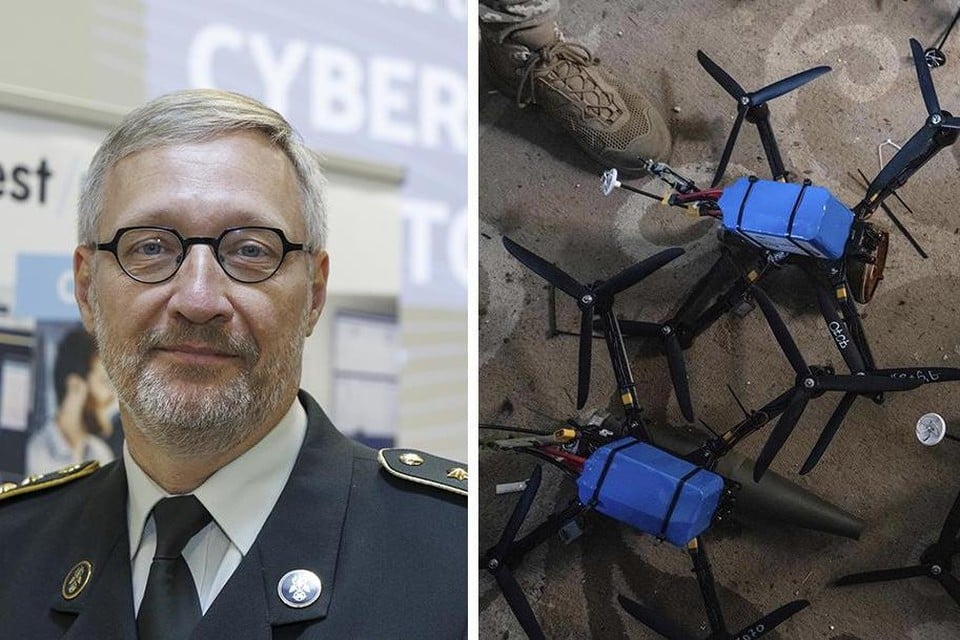Social networks – fatal challenges: Is it possible to protect children

– You say that soft measures, ie prevention, are certainly not always and not very fast. What else should be taken in terms of the current situation of Lithuanian children and adolescents?
– Well, you should, first of all, focus on having a child’s critical thinking. In fact, there is a very clear algorithm. Faced with challenges on social networks, which are just infinity at the moment – there are just jokes, but there are also life -threatening challenges – four steps should be taken. First, stop, second, check that the threat is really, then decide what to do and do. To act, so not to challenge. Critical thinking should be enabled together.
– However, after reading the research, it is clear that not every adult in Lithuania has critical thinking, and we are talking about children …
– Yes, quite right. And, unfortunately, such cases, both among children and among adolescents, are increasing, and the number is growing not only in Lithuania but also in the world. So it is very important that the soft measures are, but unfortunately they work long. In the long run, they are very influential, but some hard measures need to be available in the short time. What are those solid remedies? First of all, you should have some regulation. Adjustment is in principle, but it operates differently in different regions. Today, we know that at the EU, the European Commission (EC) plans to introduce a certain EU ID, that is, that the child’s logging should be identified with a certain age. Because very often, the child reaches that wrong content because he simply does not introduce his or her own age.
Photo by Freepik.com
– However, some countries are also regulatory adults. For example, the EC, as well as NATO officials, cannot have gadgets such as « tik » in their working means, and the British are considering tightening the availability of negative information to minors in the Tiktok. What restrictions could we occur with?
– Today we are considering banning phones in schools, but it should be understood that phones exist outside the school. But again, the child will always look for opportunities to bypass those restrictions. So we will not achieve the goal alone.
– We won’t try to limit it at all?
– Again, even schools currently have the ability to limit and do it perfectly. It works very well in individual schools. For example, I would certainly not be against schools in schools, for schools. However, this does not relieve parents of responsibility because after school, children return home and usually have every opportunity to use social networks, and often adults do not even know what children « skrolina ». And that four -step algorithm for a child is too complicated. Thus, first and foremost, the skill program should be expanded, as it is simply not too little to discuss the challenges and other threats of social networks to the child’s development. All the more so there were children who just had no lessons of this skill program. We are also facing the problem that the age of children who are very skilled in the use of technology is declining.
Full LNK Report – In Video:
– You raised this issue at the Seimas, political level. Do you want to oblige parents to get involved at political level, or is it still possible to talk about certain restrictions? For example, Turkey has banned Roblox.
– Australia does not fully use the Tikik platform, Albania also, for political reasons, restricted its use. However, today we are not talking about political reasons, but about social, which are much more difficult to apply.
There is a kind of space to consult with children. Of course, at the political level, it is important for us to ensure that there is a constant parliamentary control to check that « temperature », and if we see that the situation is deteriorating, and in some cases it really worsens and we are not only talking about the challenges, but also the spread of unauthorized content on social networks (…), then








